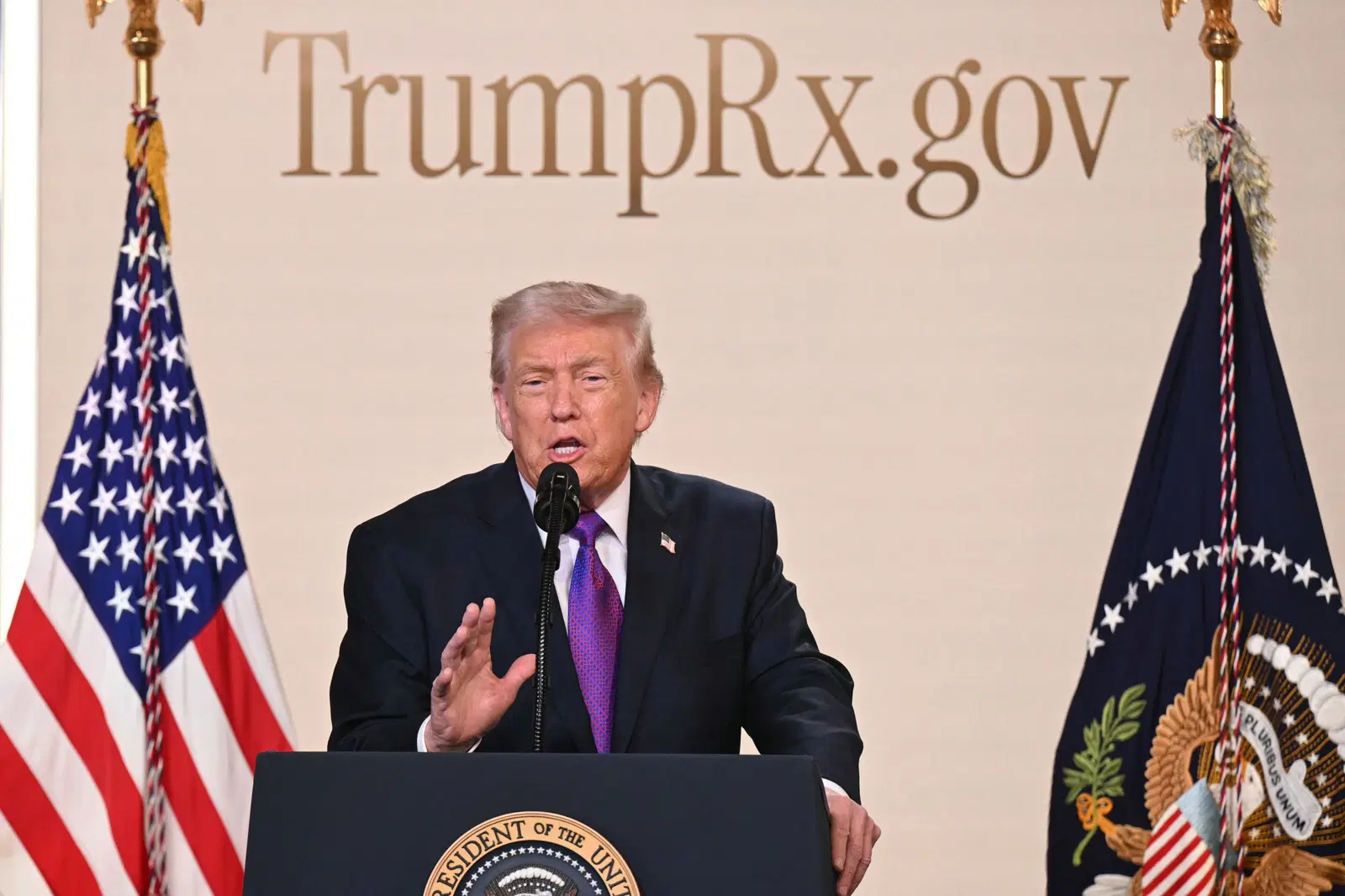Standard Bank in its report projects that the second quarter of 2024 is expected to see a significant $5.1 billion in funding inflows into the Nigerian economy.
According to the report, Standard Bank forecast foreign inflows worth $5.05 billion into the country from a Eurobond sale and the Nigerian National Petroleum Corporation crude payment facility from AfreximBank, according to Businessday.
The report notes that from previous issuance of Eurobond, Nigeria could issue between $3 billion and $5 billion in a dollar-denominated local bond.
However, the bank’s projection of $5.05 billion inflow is based on a balance of $1.05 billion from the NNPC oil prepayment facility ($3.30 billion during May 2018). It stated that the availability of crude oil in relation to this facility has been confirmed by the Afreximbank.
In addition, it said that the Board of the World Bank will reportedly meet on 13 June to consider the final approval of Nigeria’s request for a $2.25 billion financing package, comprising $1.50 billion.
“Development Policy Financing (in two equal tranches of $750 million) and $750 million in Programme-for-Results financing.
“Under the Development Policy Financing, the first tranche will be disbursed immediately after World Bank board approval and the government requests a drawdown. However, the second tranche disbursement will be based on the implementation of reforms and while the World Bank assesses the macroeconomic policy framework as adequate for budget support,” according to the report.
The report said that the current exchange rate volatility could be partly due geopolitical tensions in mid-April in the middle east, when Iran launched drone strikes at Israel, which likely prompted foreign investors to sell Naira assets in a flight to safety.
It noted that, for most of April, the naira appreciated almost as quickly as it had depreciated earlier in the year.
According to the report, the statement of Olayemi Cardoso, Governor of the Central Bank of Nigeria, that the central bank did not intervene in the foreign exchange market could be interpreted as negative.
“This may have been interpreted negatively during times that intervention is clearly needed to boost investor confidence and support the naira, while also assisting price discovery,” the report stated.
The report stressed that the exchange rate premium between the official and parallel market rates has reverted to pre-COVID levels due to CBN FX market liberalization and the FMDQ modification in FX computation methodology to ensure the official exchange rate as reflecting market realities.










